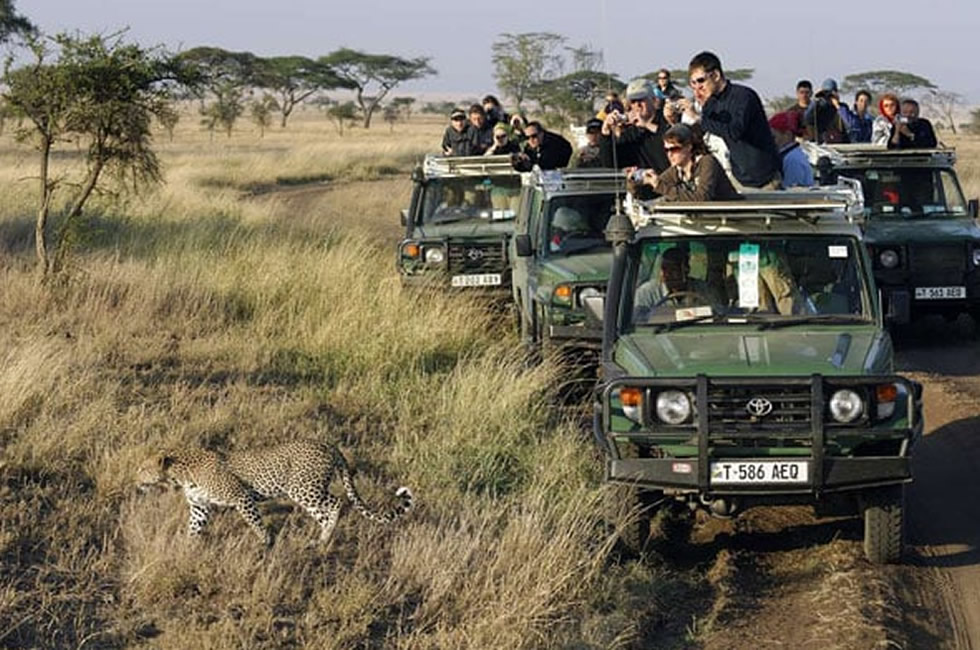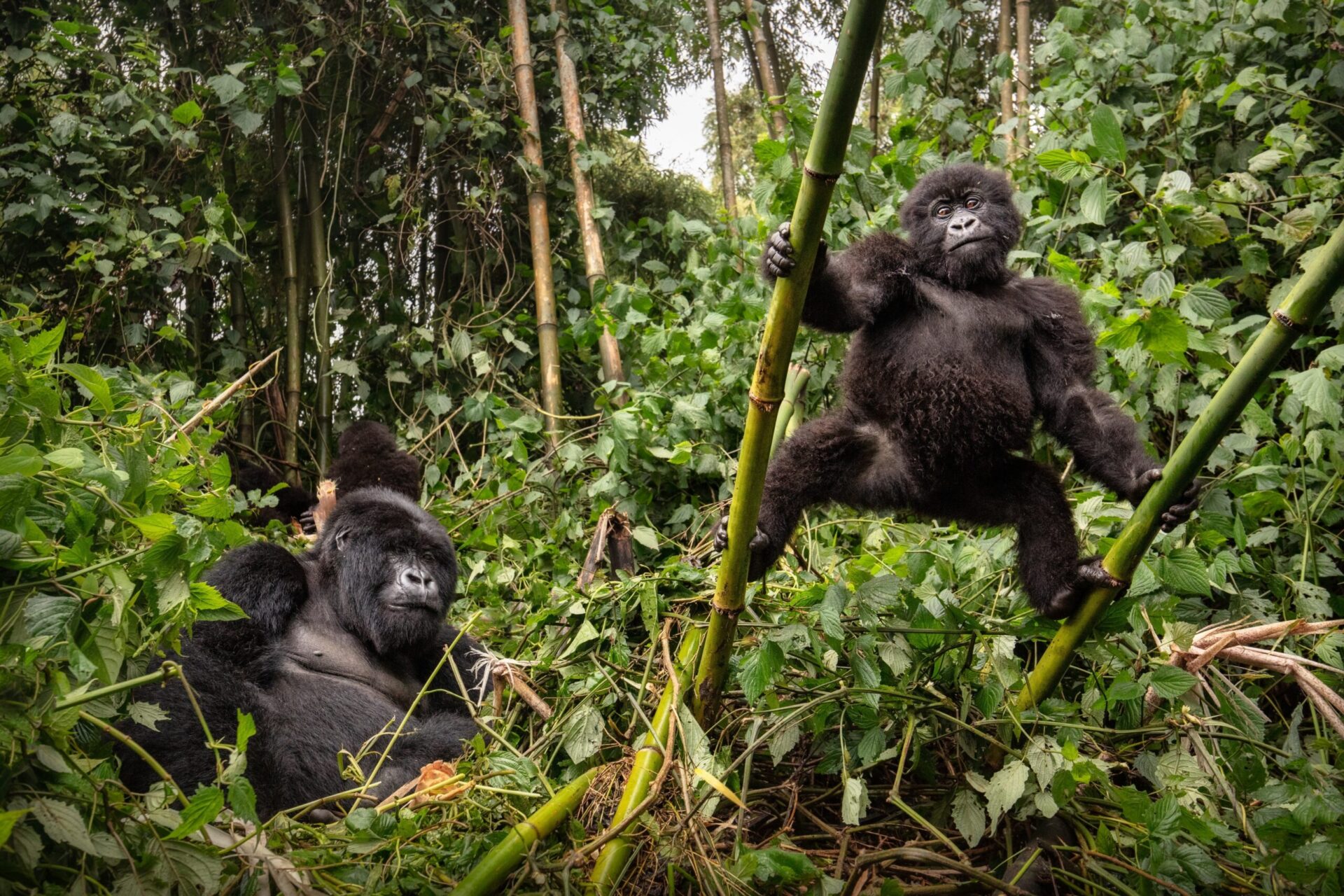KIGALI – THE East African tourism market is destined for record-high growth following a decision to promote the region as one single international tourist destination.
Destination East Africa, as the initiative will be known, was mooted over two years ago but the decision was finally reached collectively during the just concluded East African Community (EAC) investment conference, held in the Ugandan capital, Kampala, last week.
Previously, EAC countries have been competing against each other, with Kenya and Tanzania dominating the regional tourism market.
EAC leaders meeting in Kampala: From left: Rwanda Prime Minister Bernard Makuza, Presidents Yoweri Museveni, President Jakaya Mrisho Kikwete, Burundian first Vice President, Yves Sahinguru and Kenya’s primier, Raila Odinga
However, a step up in the development of the sector in the other EAC states, especially Rwanda and Rwanda, as well as competition on the international market appear to be the drive behind the new strategy.
EAC tourism bodies have now embarked on a campaign to expedite the process of a single entry visa for tourists to the region as one of the urgent initiatives.
Under the new deal, partner states will also introduce new reforms geared at easing the process of doing business in the region. Officials say this will encourage foreign investment.
Rwanda’s EAC minister, Ms. Monique Mukaruliza, told journalists in Kigali on Tuesday that as a way to facilitate the development of investment and tourism, the countries will also fast-track the development of infrastructure in the region.
“We will develop efficient transport systems including roads, railways, water transport and air transport means as a means of facilitating investors,” she said.
“We realise energy is everything to support investment, so we are also focused on how to utilise the available mineral resources we have in the region including oil, hydro-electricity, methane gas and other precious minerals,” she explained.
“By this partner states will be required to remove all trade and non-tariff barriers and put incentives in place to facilitate investors go about their work without any hindrances,” Mukaruliza added.
Other issues tackled included a consensus to facilitate investment in the financial sector, scaling up special economic zones, enhance public private partnerships to become a vehicle for addressing infrastructure challenges.
It was agreed that EAC partner states develop a regional policy on inland waterways transport, improve urban planning, tackle non-tariff barriers, scale up SME growth as well tackle other cross-cutting issues that hinder investment.
Partner states will jointly also address energy shortfalls in the region under one policy since the cost of energy is still considered to be a major hindrance to investment.
“Power tariffs are still high and investors find production very costly yet the purchasing power is still low for our people to buy these goods, this itself is a barrier. We don’t have good transport systems to facilitate transportation of goods,”


